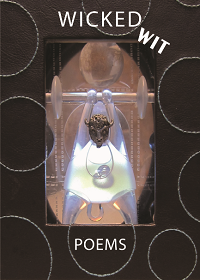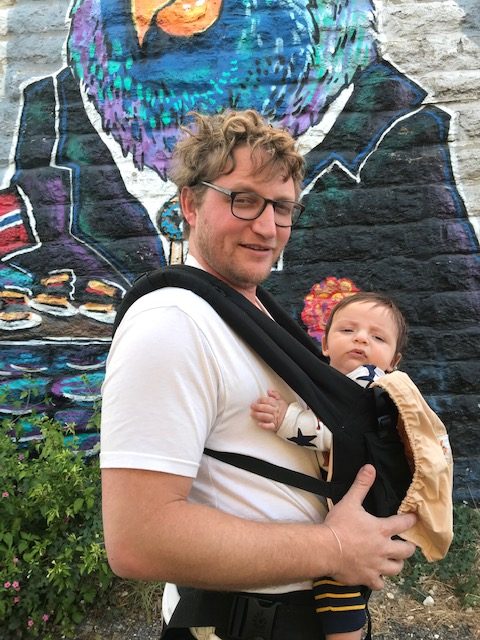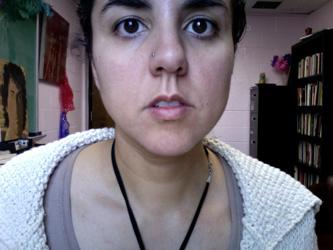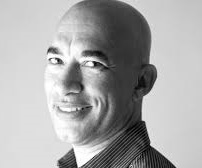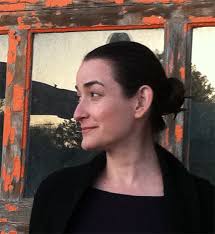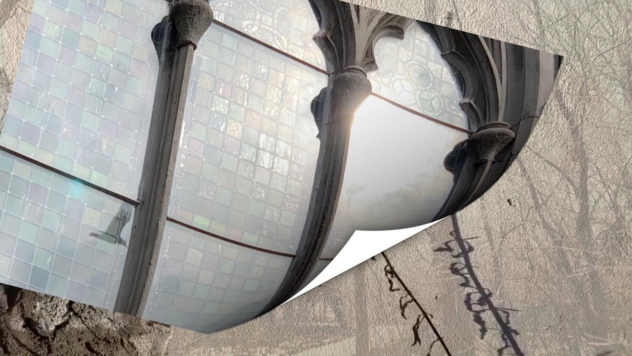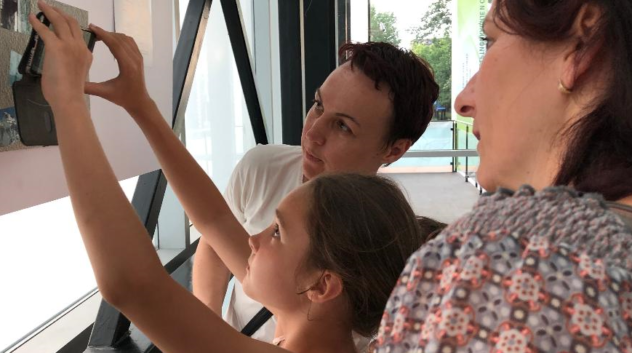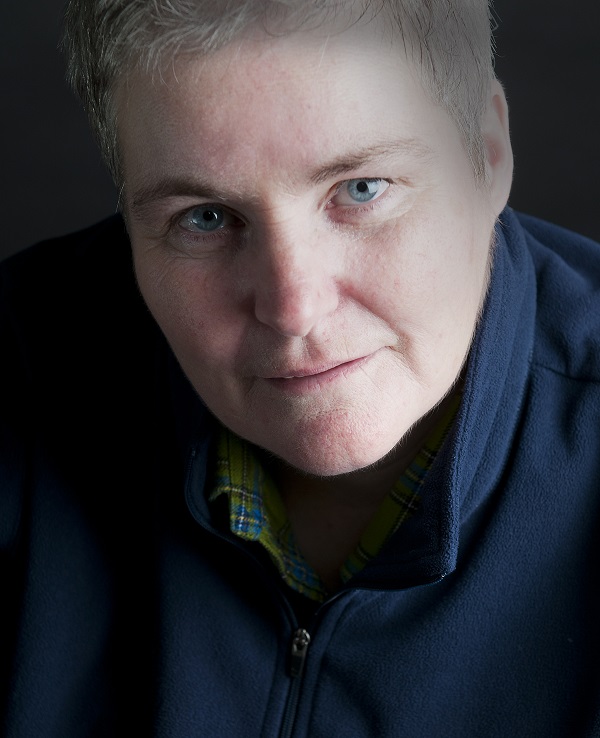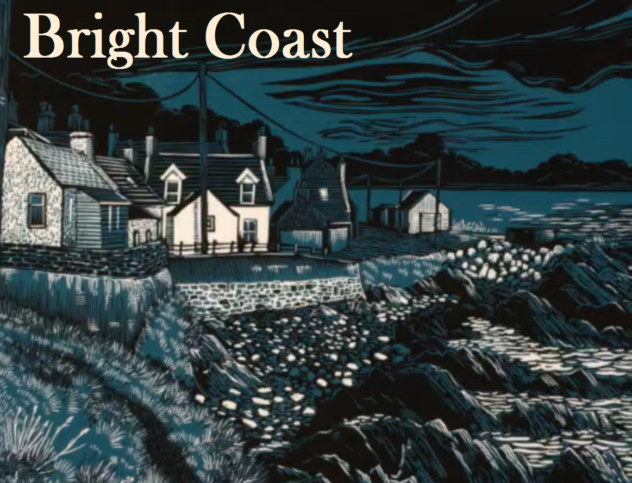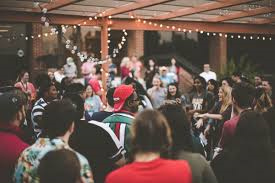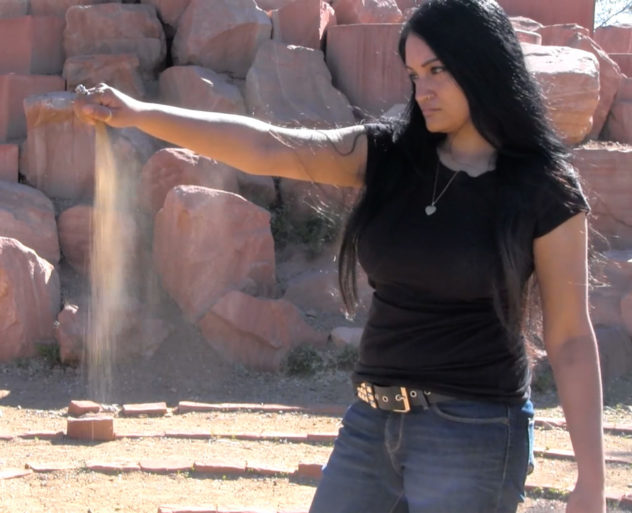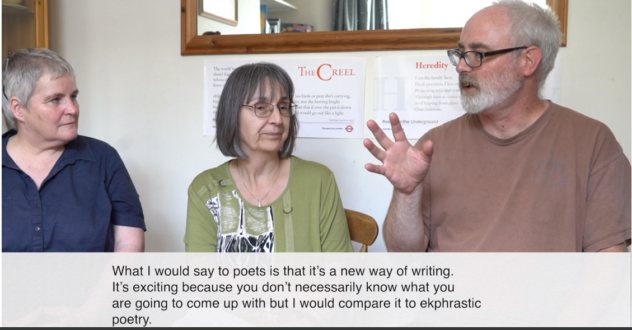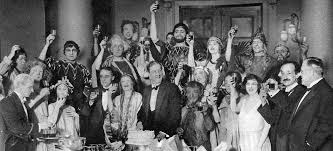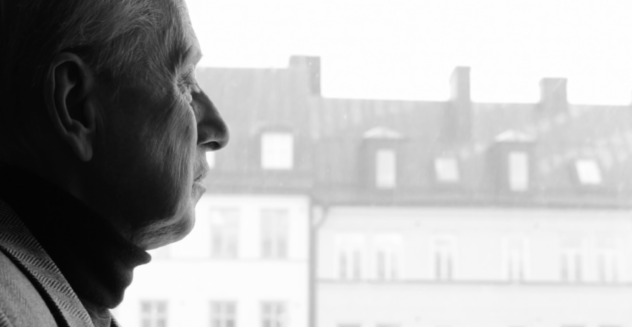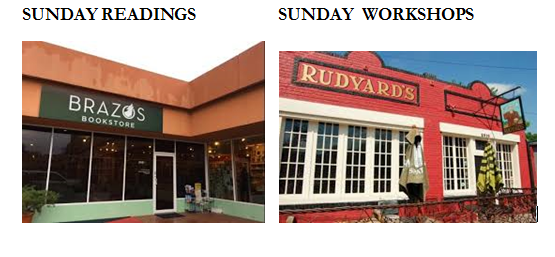There were 175 people from 37 states as well as Canada, France and Australia who submitted 450 poems. It took three weeks for five poets to read all the poems and narrow them down to fifteen finalists. A panel of six judges got together with copies of the poems, which were also read aloud, and decided on the three winners.
AND THE WINNERS ARE: 1st Prize Barbara Dahlberg (Pittsburg, PA); 2nd Prize Sean Webb, (Philidelphia, PA); 3rd Prize: Chris Boldt (Temple,TX). Their poems appear on this page below.
All their entries were received after the early entry deadline, so their prizes of one month’s salary at minimum wage, two weeks wages and one day’s earnings have 7.1% taken out which employers are entitled to do for social security and medicare. They will receive$1074, $530, and $53 respectively.
In alphabetical order, the finalists are: Carolyn Dahl (Texas), CB Follett (California), Lucy Griffith(Texas), Grey Held (Massachusetts), Justin Jannise (Texas), Carolann Caviglia Madden (Texas), Fran Markover (New York), Susie Paul (Alabama), Laura Ross (Florida), John Simonds (Hawaii), Chris Song (Tennessee).
Public Poetry wishes to thank Roberto Tejada, Marley Lott, Lucy Lunt, Yerra Sugarman, Beth Lyons, Niki Herd, Elizabeth Reed, Kelly Ledsinger, Gail Black, Steve Lloyd, Crystal Currier, Joby Hughes and Public Poetry’s members whose support allows us to create programs like these.
Read the winning poem below and the twelve finalists listed here: Carolyn Dahl, CB Follett, Lucy Griffith, Grey Held, Justin Jannise, Carolann Caviglia Madden, Fran Markover, Susie Paul, Laura Ross, John Simonds, Chris Song.
First Prize: Barbara Dahlberg
Pepperoni
I crease pizza boxes in the down times
create a leaning tower to stand behind.
The skinny owner pretends to read the newspaper,
sticking his butt into the aisle.
I squeeze by.
I love the walk-in, eat pepperoni and
canned mushrooms by the handful
emerge and wipe my mouth with the back of my hand.
I poke yesterdays hard mozzarella worms
out of the grinder with a screwdriver bit.
The pizzas are delivered half-baked
square and stacked
plastic draped loosely over them
I quit when he slides a hand over my breast.
Second Prize: Sean Webb
Tools
When I built furniture in a small factory
in the heart of the industrial complex
we cut lumber to size, fastened wood into jigs,
drilled, shaped, sanded, and assembled furniture.
We sprayed paint in steel booths caked with overspray.
Enormous fans pulled thousands of cubic feet of air
through a wall of darkened filters. It wasn’t enough.
We inhaled much of the finish and as the shadows grew
more inclined, our faces shone harder. At noon
we ate white bread and cold cut sandwiches
from blackened hands. Our lungs hurt
as we smoked among mountains of sawdust.
Many workers came and went. I don’t know
if it was anger or boredom that made them leave.
There were the diehards. Bart the Deadhead.
Don the drunk. Crazy Dave who’d smash his head
through 5/8″ sheetrock for a buck. Fat Harold
who drove the truck. Casanova Joe the nightclub fixture.
Little John the slow one. Navy Jim who had no home
spent hundreds of dollars driving around to keep cool
until night then slept in the desert—at work
he ate blotter acid like it was food then spent
entire days running boards over a table saw
and never lost a finger. The Bartman brothers.
3-B Barry (Big, Bad and Burly, none of which
he was). Rick, the maniac who could shake off
anything. He worked like the king of mules
then drank beer and tequila all night, every night.
He blacked out from brain tumors and crashed
his car. At work he’d spit blood from bleeding ulcers
like it was nothing, and it was nothing to us.
We pulled down enough pay to keep cheap rooms
buy beer, bread, cigarettes, and long nights
shooting pool at Arnold’s 2 X 4 lounge.
I don’t mean to say it was a bad life.
We’d go home from the bars, wash out
our matted ponytails and dream drunken dreams
of furniture in our terrible sleep. It was endless,
this job that gave no definition to our lives.
We were consumed by tools and the amounts
of production. We defined that. We gave that meaning.
Some nights we never made it home, we drank
until dawn then rolled into work virtually blind
arriving in the warehouse bays by habit and working
the terrible hell of repetition from memory, desperately
leaning on the dream of a perfect Friday night.
Third Prize: Chris Boldt
At the Dinner Table,
as we wait for Mom to serve the Jello,
Sis and I turn toward Gran who sits between us.
She once taught us to sprinkle lettuce leaves
with sugar, before rolling their watery
nothingness into fat stogies, even we,
confirmed vegetable-haters, might munch on.
Of the grownups we know, she is the best
at making any trial bearable.
But during this meal-time interlude,
we want to fondle her large upper arms,
flabby pillows, both creepy, and consoling.
As a teenager she’d been a weaver
in her father’s mill. Flinging a shuttle
to create expanses of table linen
left her with triceps that sagged as she aged.
These days, her muscles, turned to fat, bob
above her roughened hands, ruddied elbows:
lumps of old-lady flesh, reminiscent
of the turkeys she stuffs for Thanksgiving.
After dinner, returning to the sink,
where, hours before, she peeled potatoes
and lifted heavy kettles to prepare
the evening meal for our family of eight,
she’ll wash dishes, then tidy up the kitchen.
Tomorrow, in a decent print apron,
chunky shoes accommodating bunions,
she’ll walk to her restaurant job where she’ll use
her heavy arms to open gallon cans,
to shove dish racks through an ancient washer.
But just for now she lets us stroke them,
as she speaks to others at the table.
“Aye,” she agrees with my father’s comments
about a neighbor man, in words they both
deem utmost praise, “He is a hard worker.”


